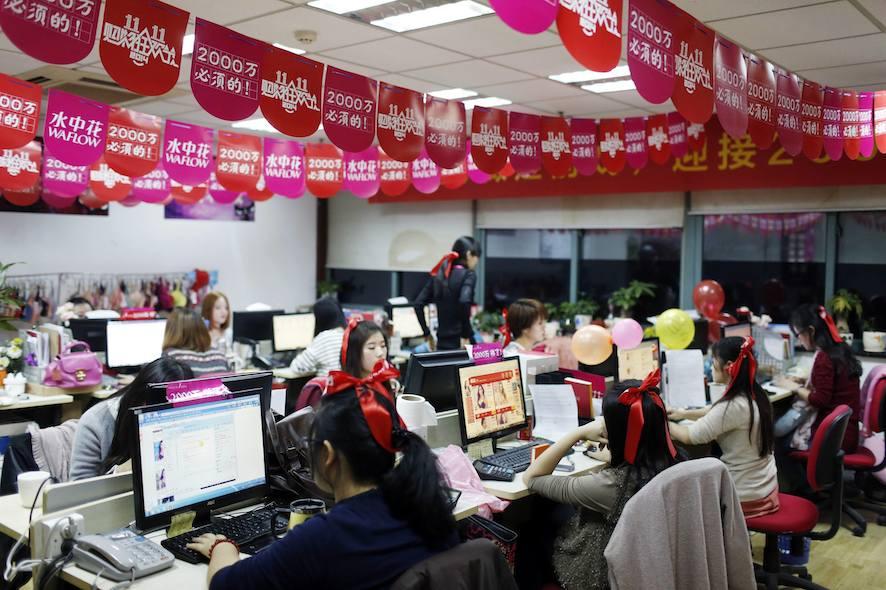
Bareksa.com - Selling goods online may only rely on a few mouse clicks, but in Indonesia, delivering purchases to dozens of islands via creaky ports and potholed roads is the logistical challenge Lippo Group faces when its department store opens in cyberspace this month.
Lippo, the biggest shareholder of No. 1 retailer PT Matahari Department Store Tbk, is investing $500 million over the next two to three years to be as big an e-commerce name in Indonesia as Alibaba Group Holding Ltd is in China.
There is no dominant player in Indonesia's nascent online retail market, which at $1 billion, is dwarfed by China's $161 billion. But researcher Euromonitor International projects the market in the Southeast Asian country to more than triple by 2019 - provided goods can reach buyers.
The world's fourth-most populous nation spans a sprawling archipelago, with city folk concentrated on Java island, home of traffic-congested capital Jakarta. But a sizeable class, deriving its wealth from resources such as coal and palm oil, lives in more sparsely populated mining and agricultural regions such as Kalimantan, to which deliveries are costly.
"There are a lot of rich people outside Jakarta or Java. They cannot just go to the mall and find a nice jacket, so if you have e-commerce, they can buy online," Adrian Suherman, Indonesia co-CEO at online retail infrastructure firm aCommerce, told Reuters. "There's so much demand outside big cities."
Lippo's online retail rivals, Lazada and Zalora, partner at least four logistics firms each including market leader JNE, and also have their own delivery arms. Lippo's MatahariMall.com declined to disclose its method of delivery, but said it will allow customers to collect goods from 131 Matahari stores.
"We'll be a nationwide e-commerce player, the largest in Indonesia thanks to the support of our online-to-offline (service)," Lippo director John Riady said. "Logistics will always be an issue but we think we can handle that."
Online retail is growing the fastest outside Jakarta, said the group, which targets revenue of $1 billion within two years from starting in e-commerce. That compared with $9.5 billion over April-December for Alibaba.
Lippo's warehouse and distribution network built around its department stores could lead to lower delivery costs for MatahariMall.com compared with e-commerce rivals, said Adrianus Bias Prasuryo, senior analyst at Ciptadana Securities.
"You won't be competitive if someone makes an order in a remote area and you have to deliver from Jakarta or Java," he said.
Zalora said it has warehouses on Java and plans to open more this year, but declined to specify whether it would set them up on other islands. Lazada did not respond to an emailed request for comment.
Online marketplace Tokopedia, which received a $100 million investment led by Japan's SoftBank Corp last year, also partners several logistics firms including JNE.
JNE delivers an average of 4 million e-commerce packages a month - of which 40 percent are to outside Jakarta - via 7,000 motorcycles and 2,000 vans as well as hired trucks and boats.
"Our merchants are from every corner of Indonesia," Tokopedia CEO William Tanuwijaya told Reuters. "We have to be strategic so the company can keep growing, so we cannot allocate the investment we receive to build our own fleet of couriers."